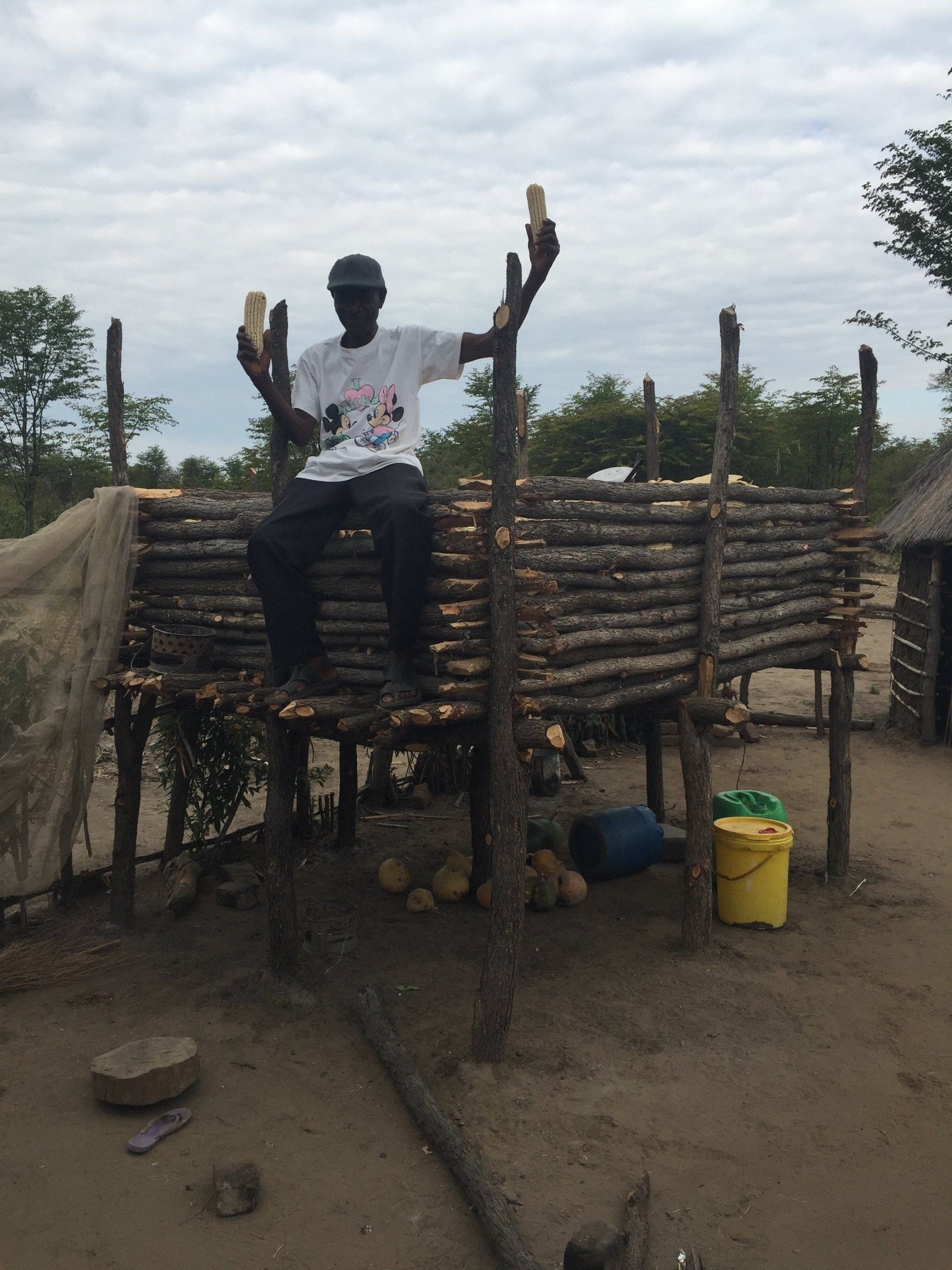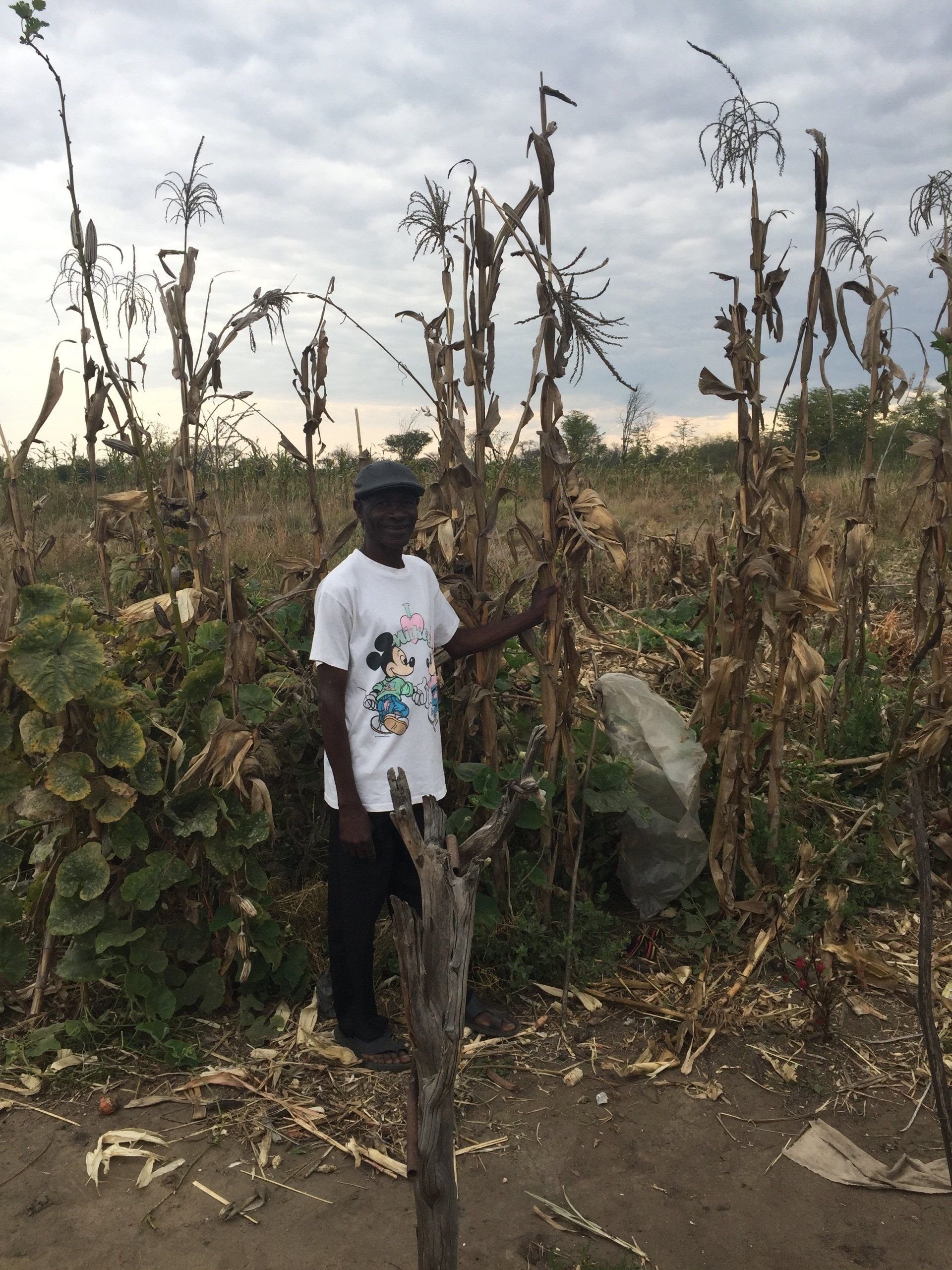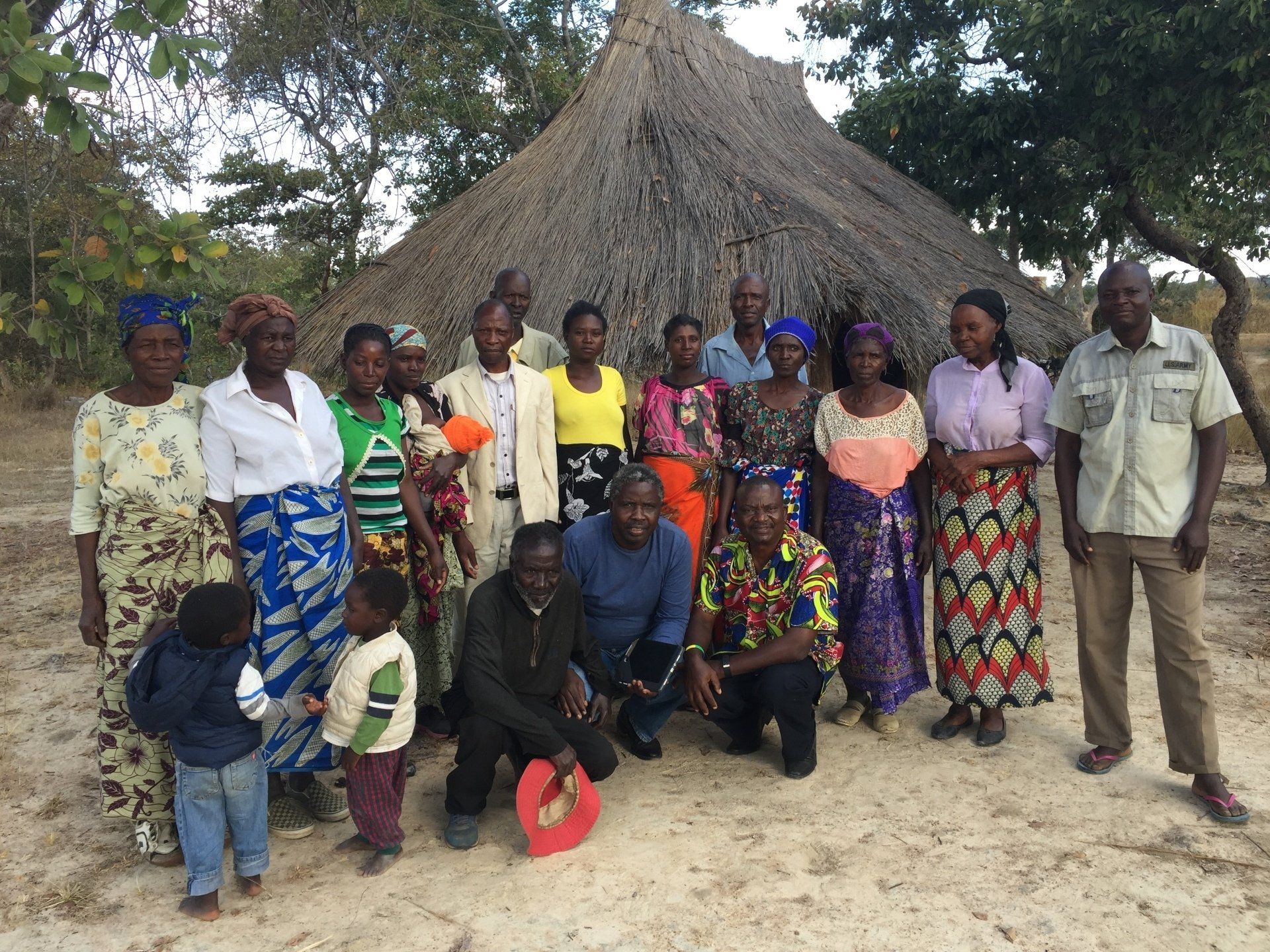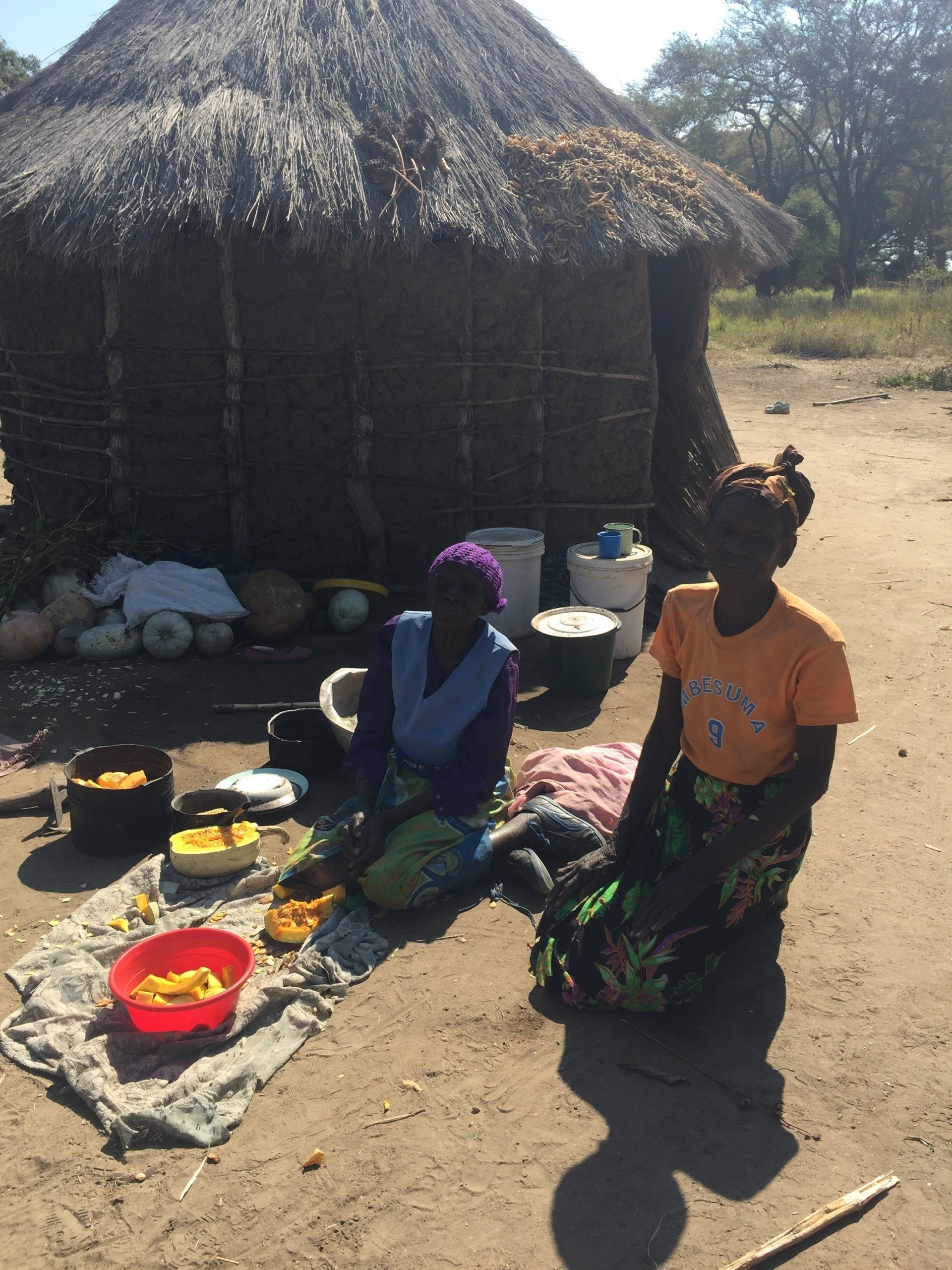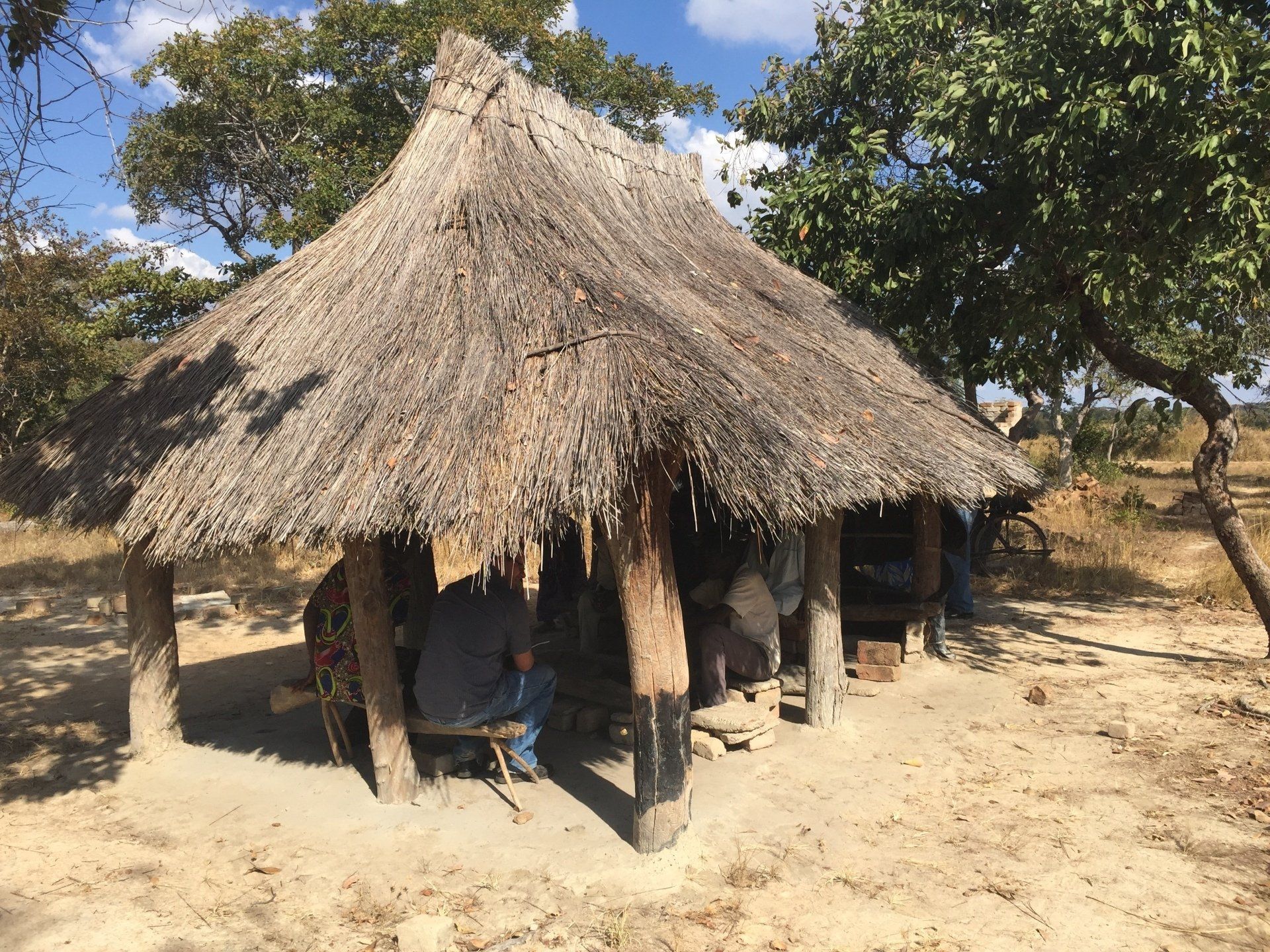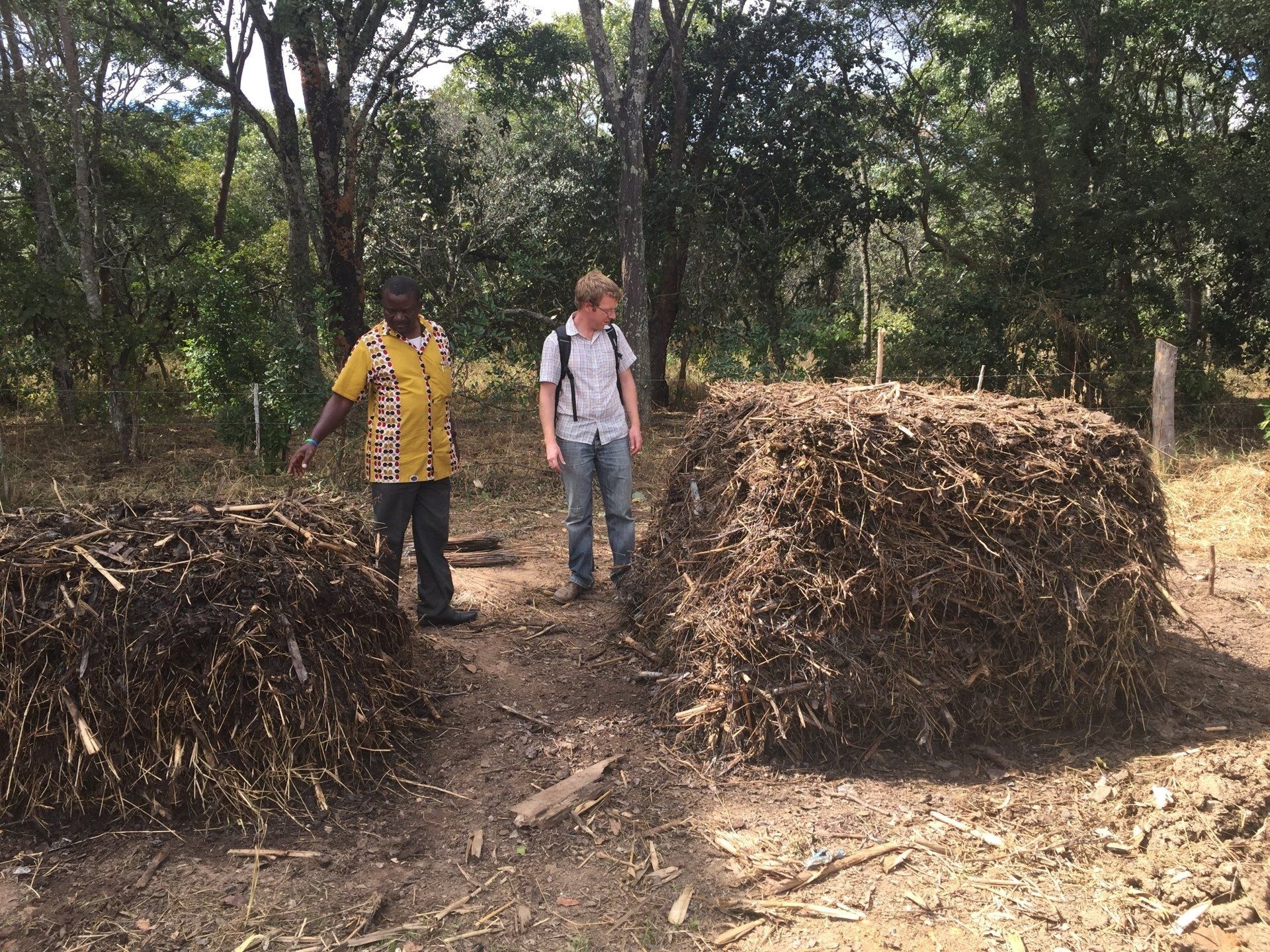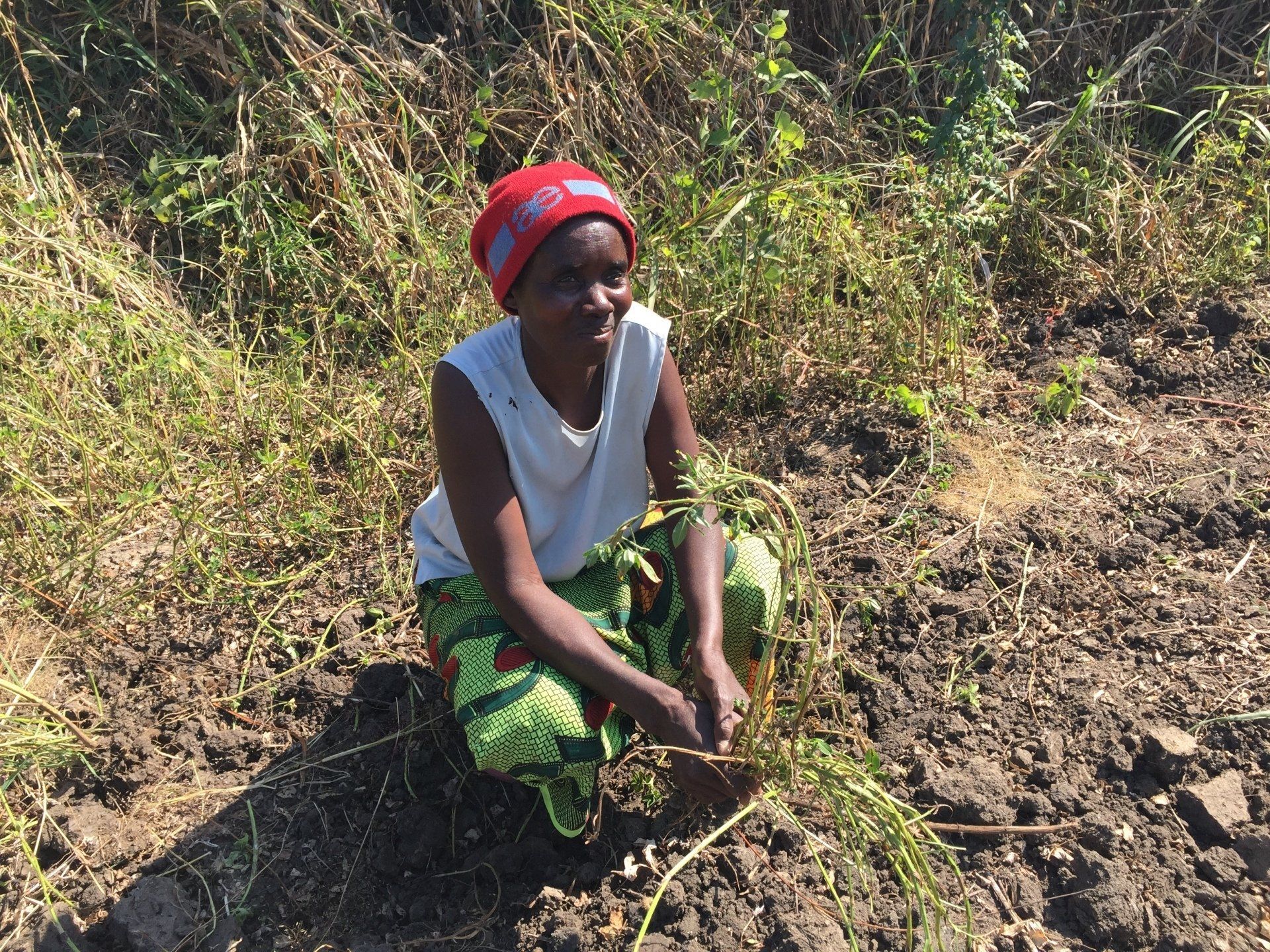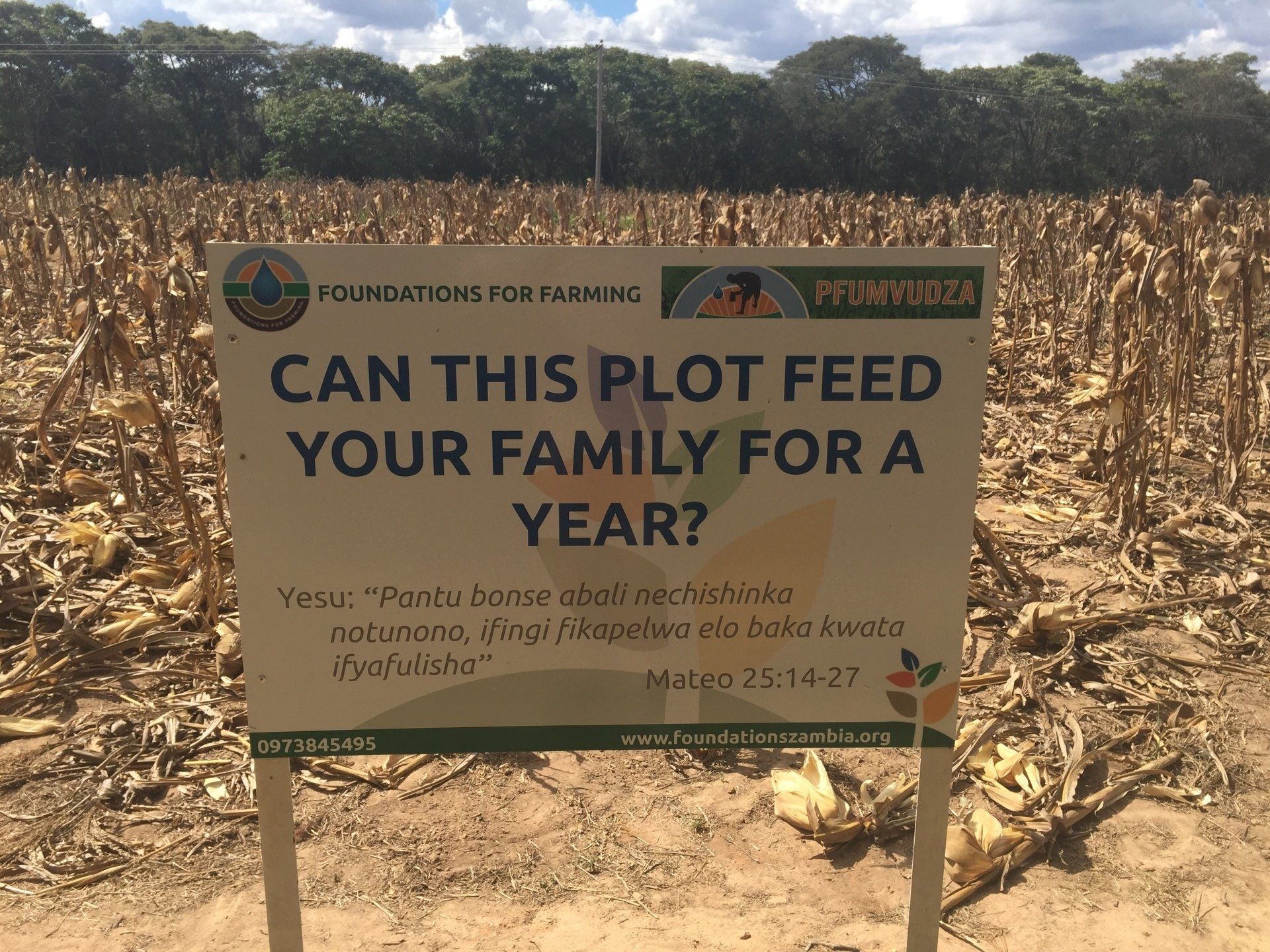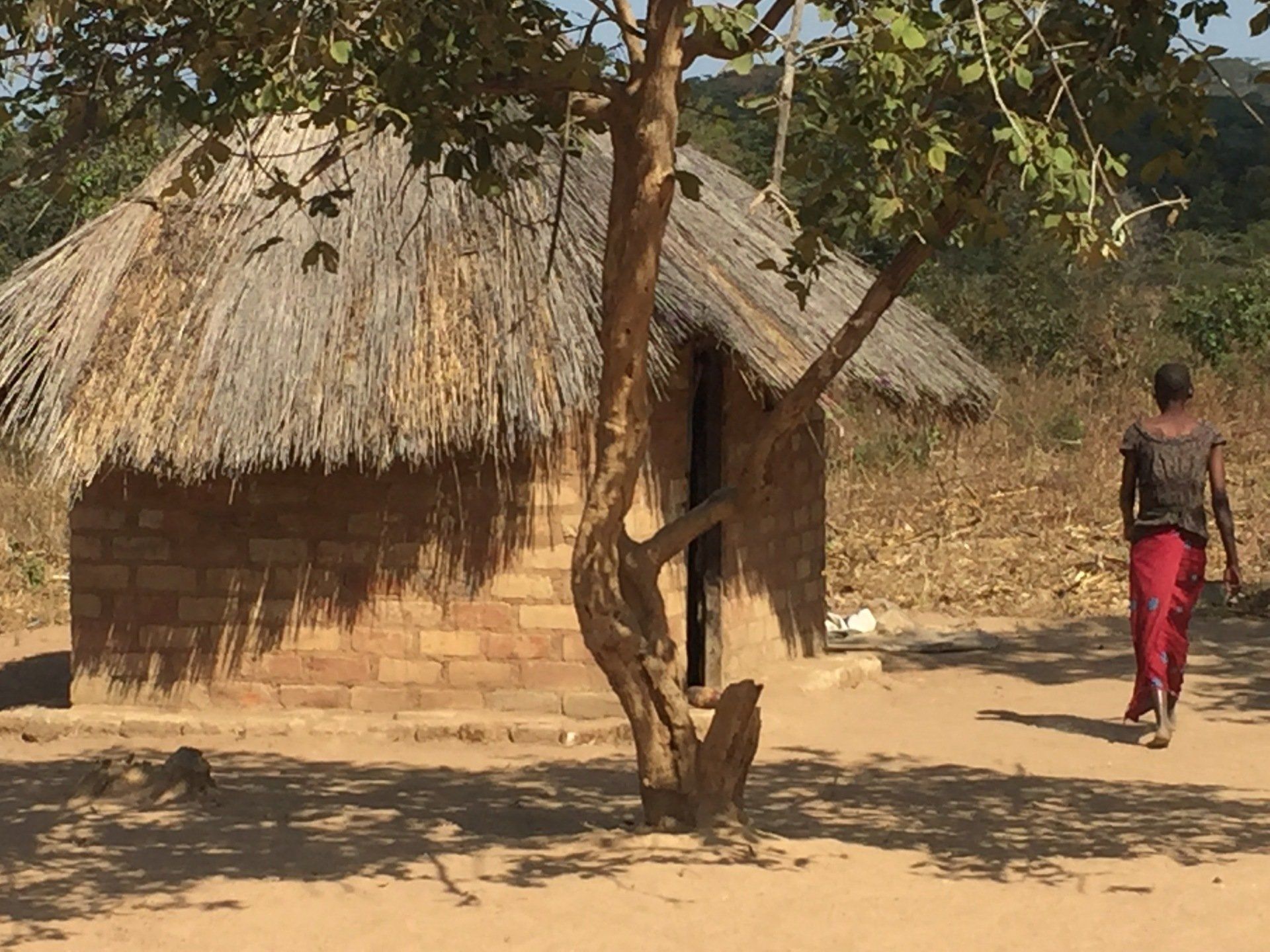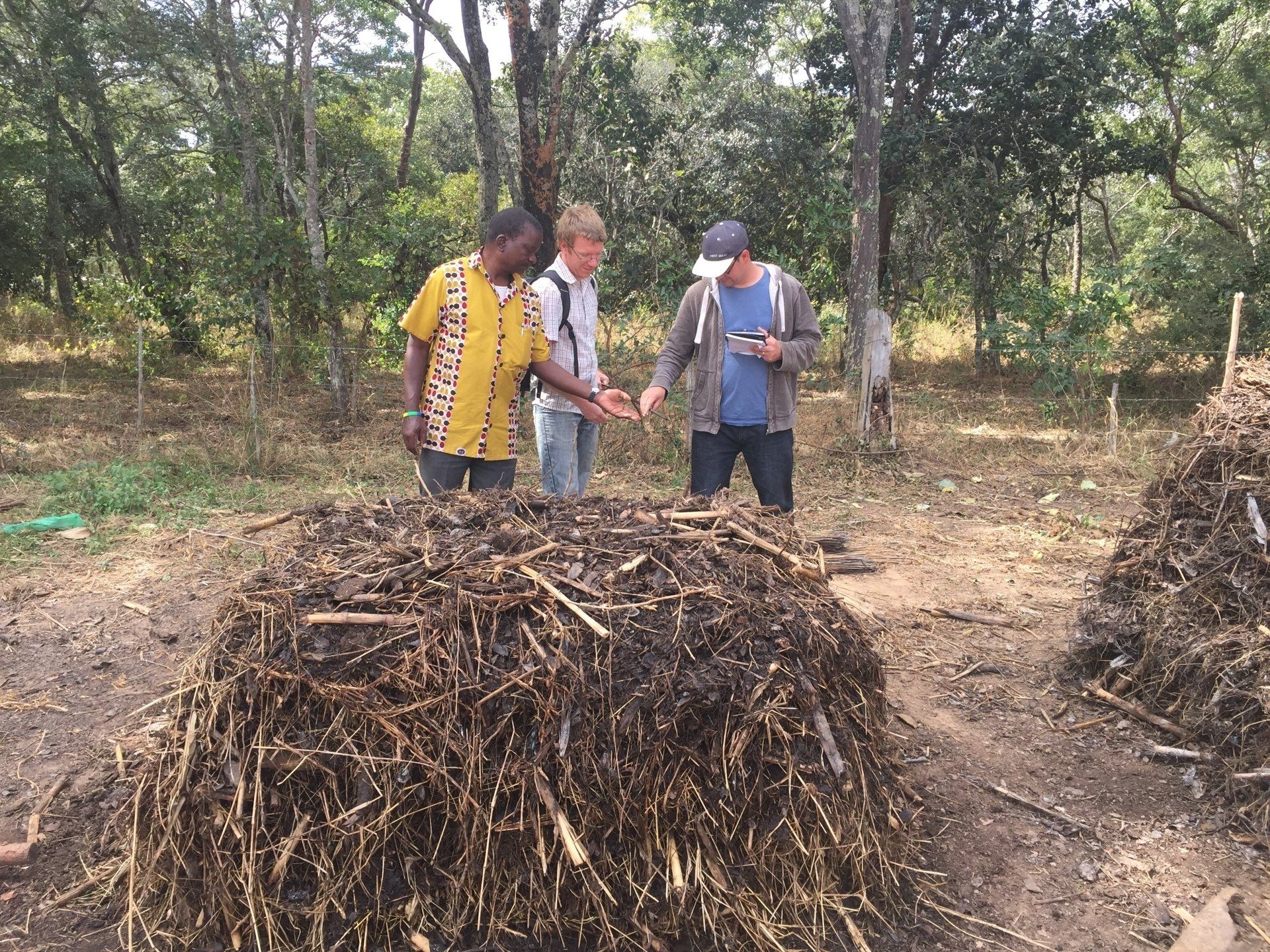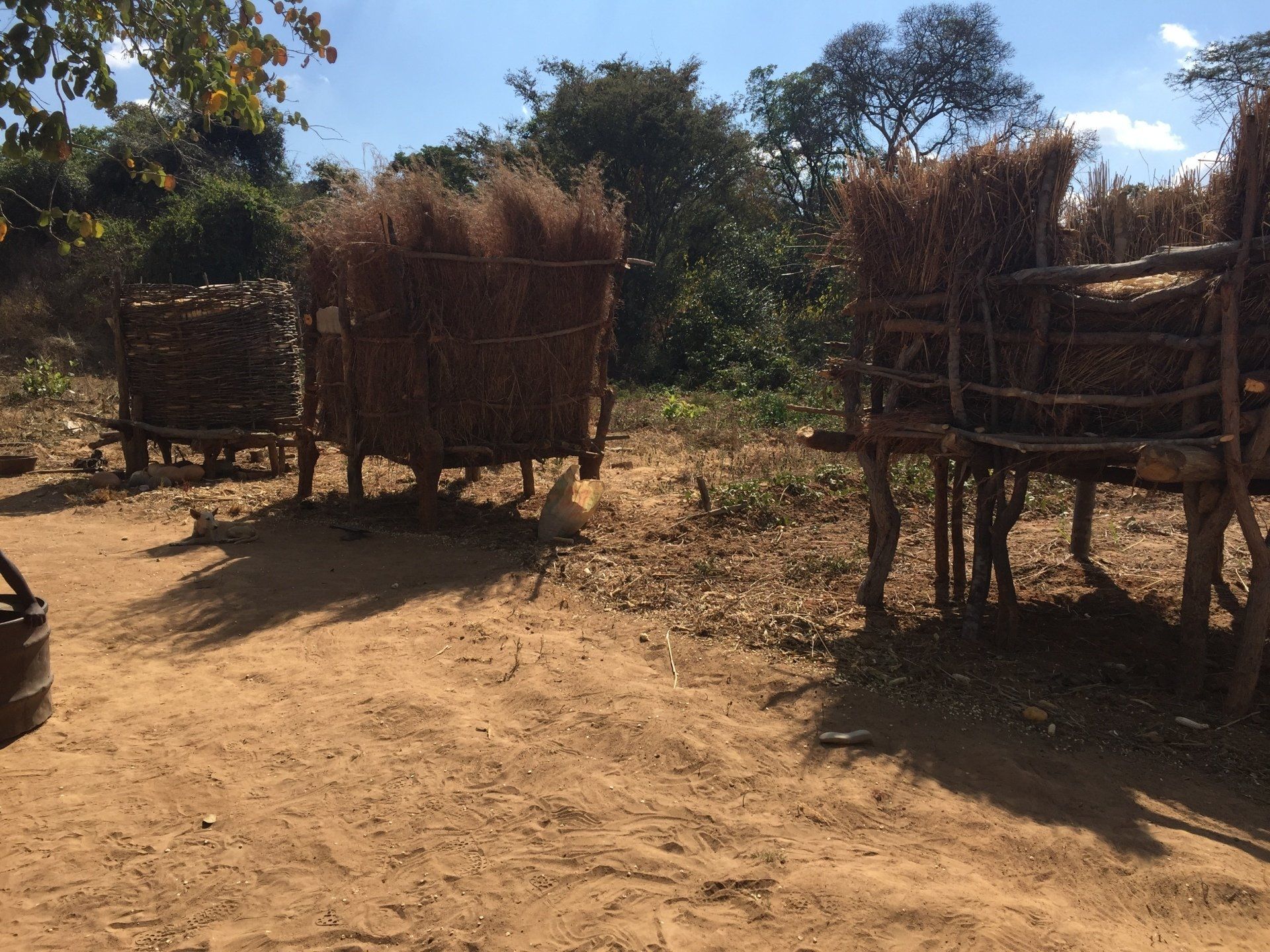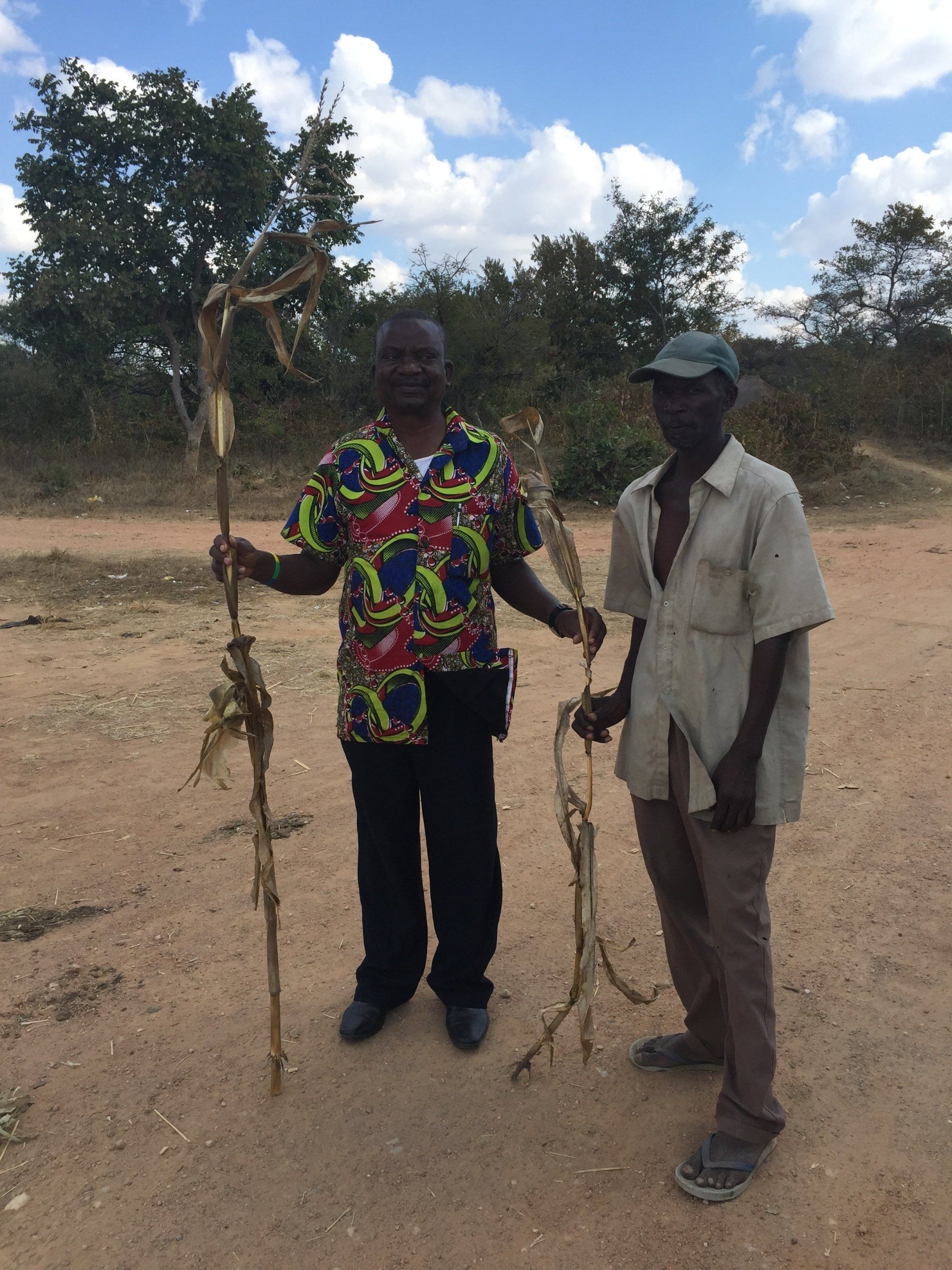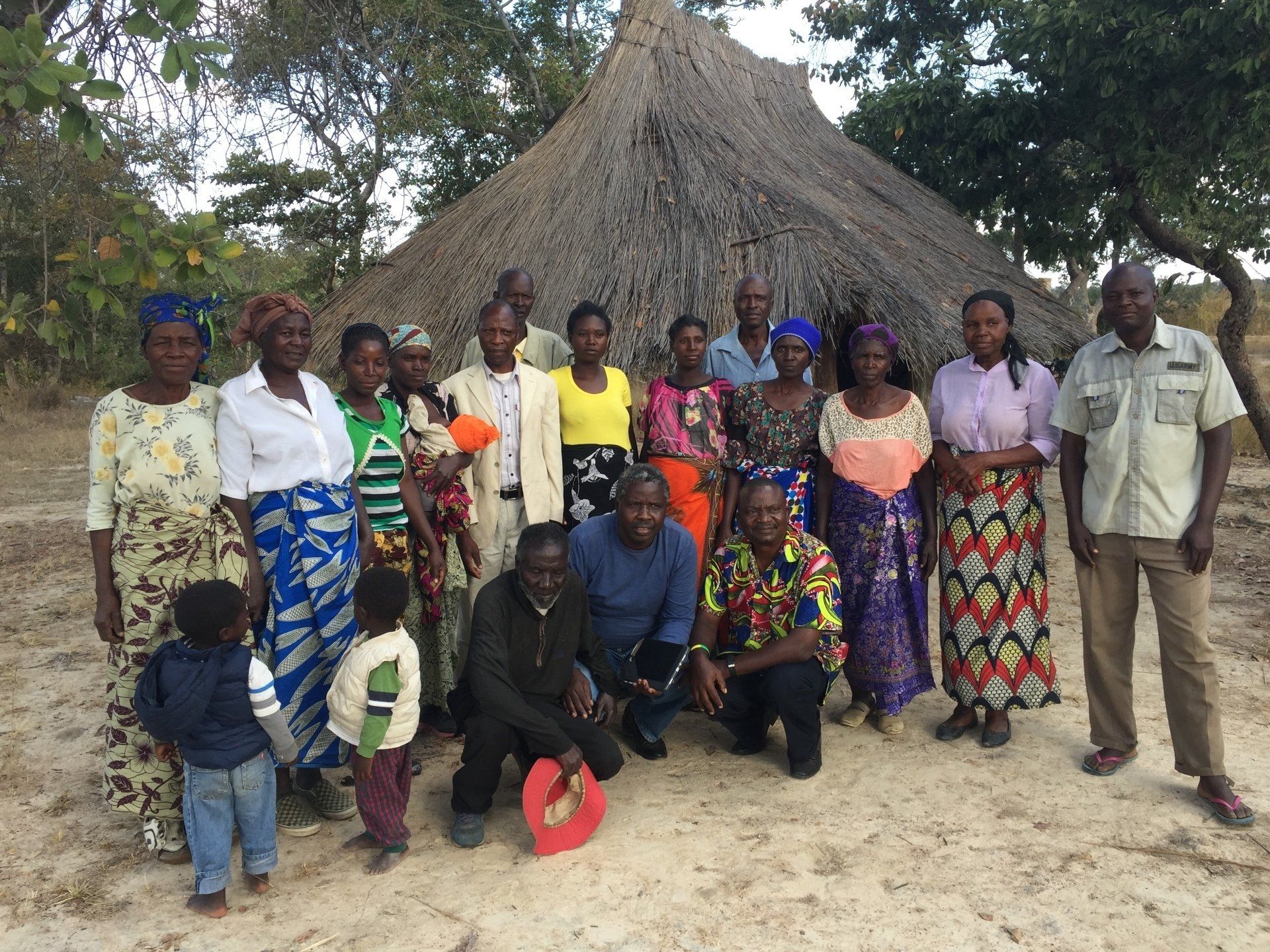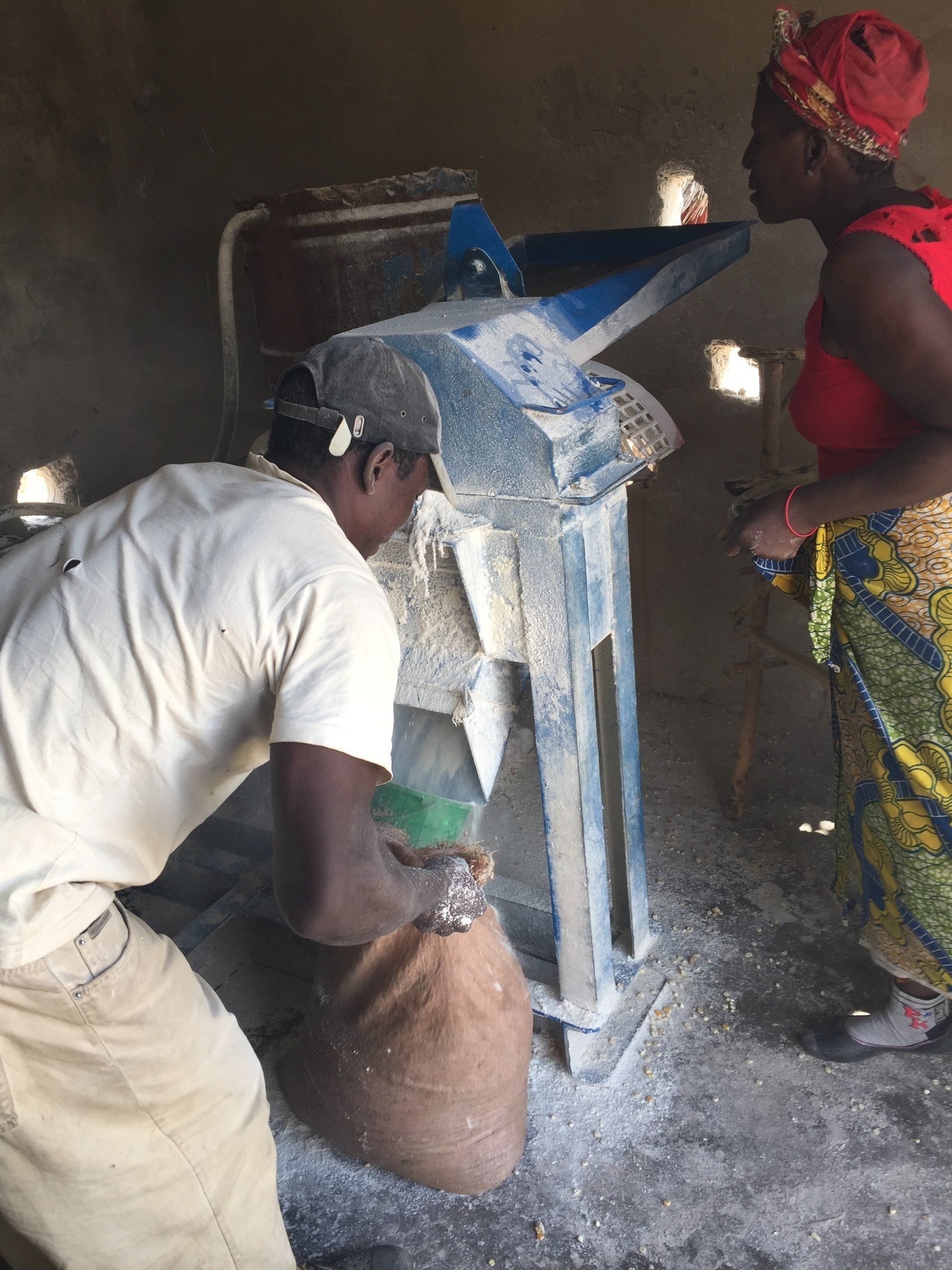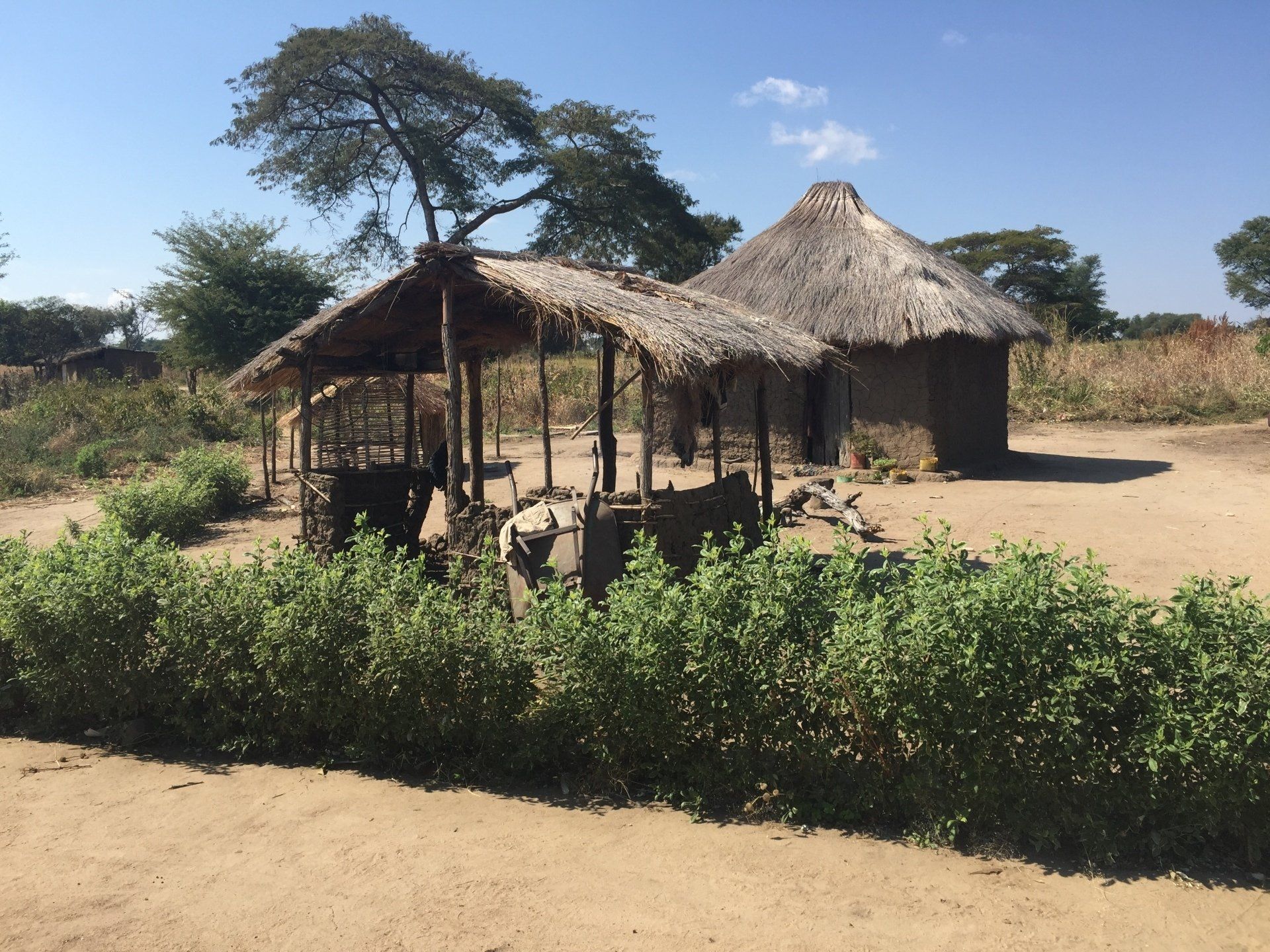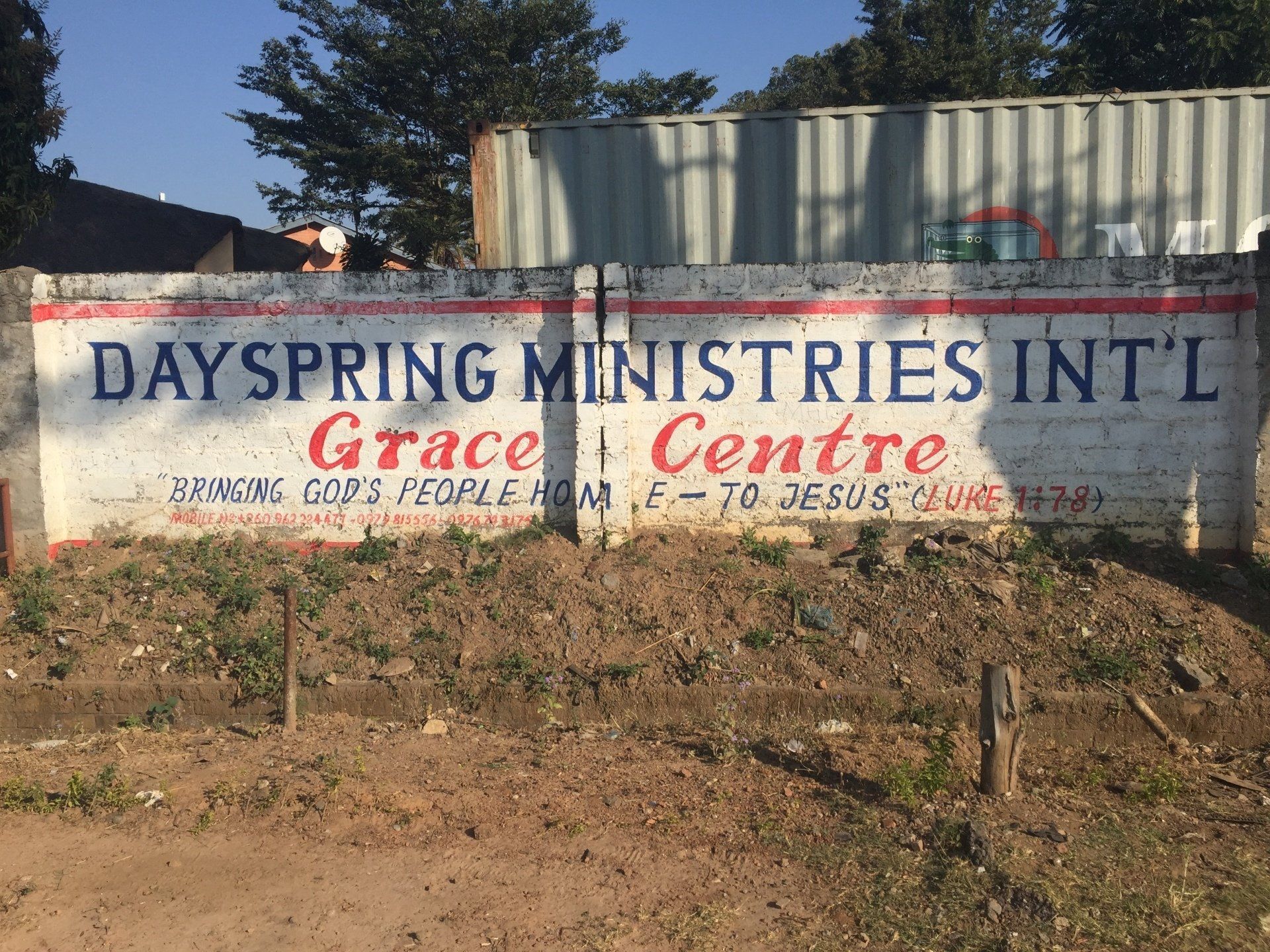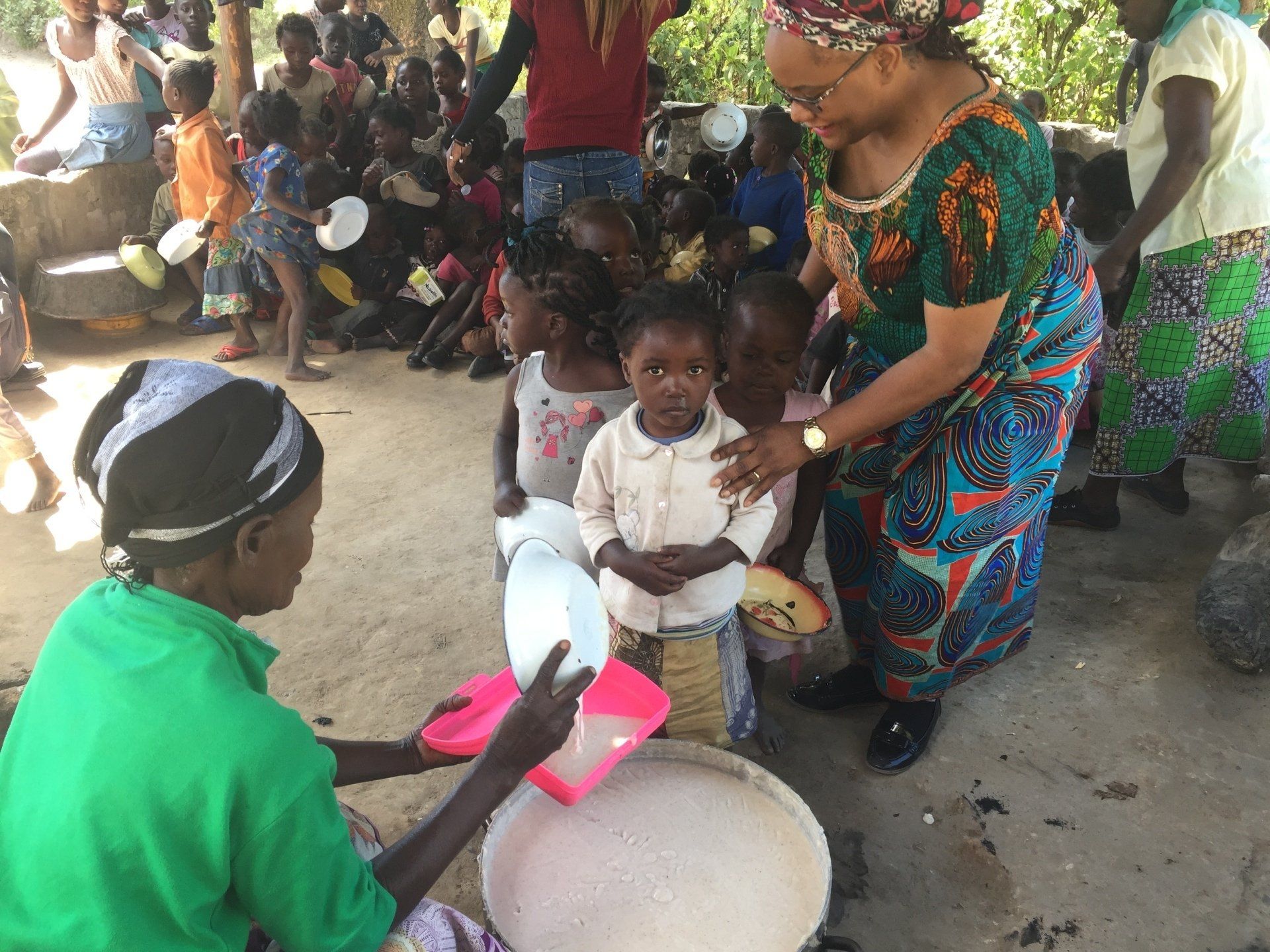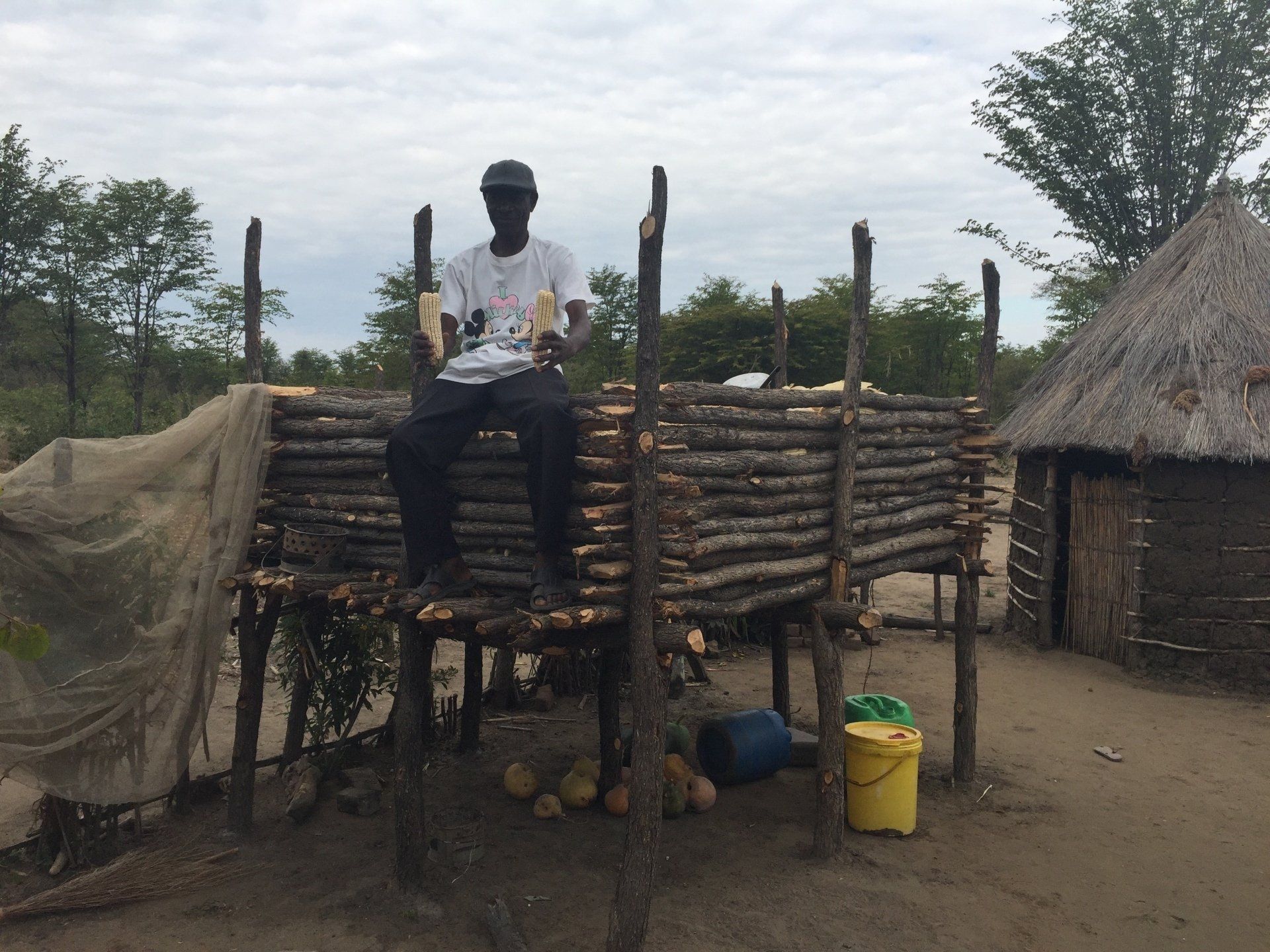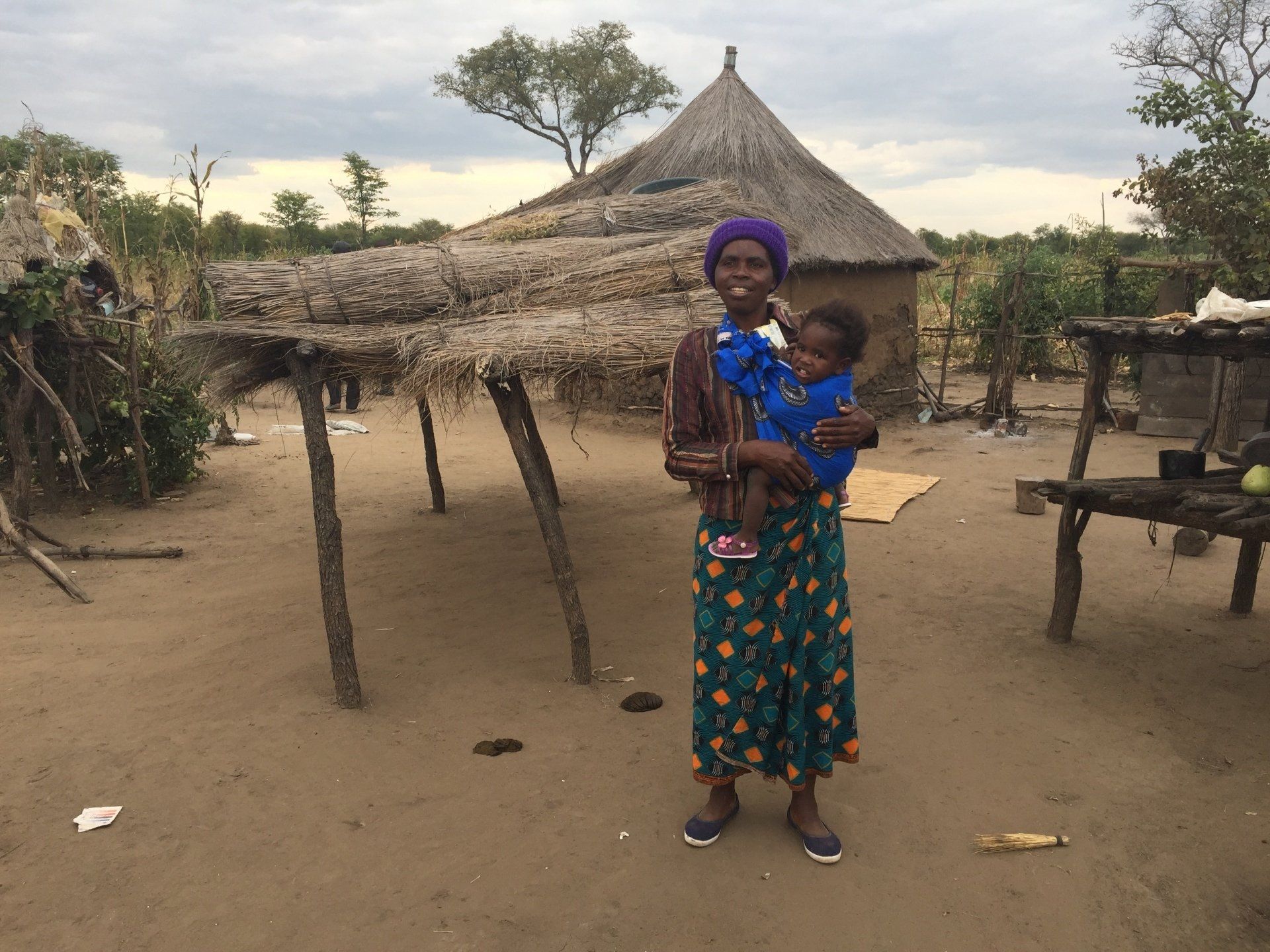Enabling Churches to Help the Poor
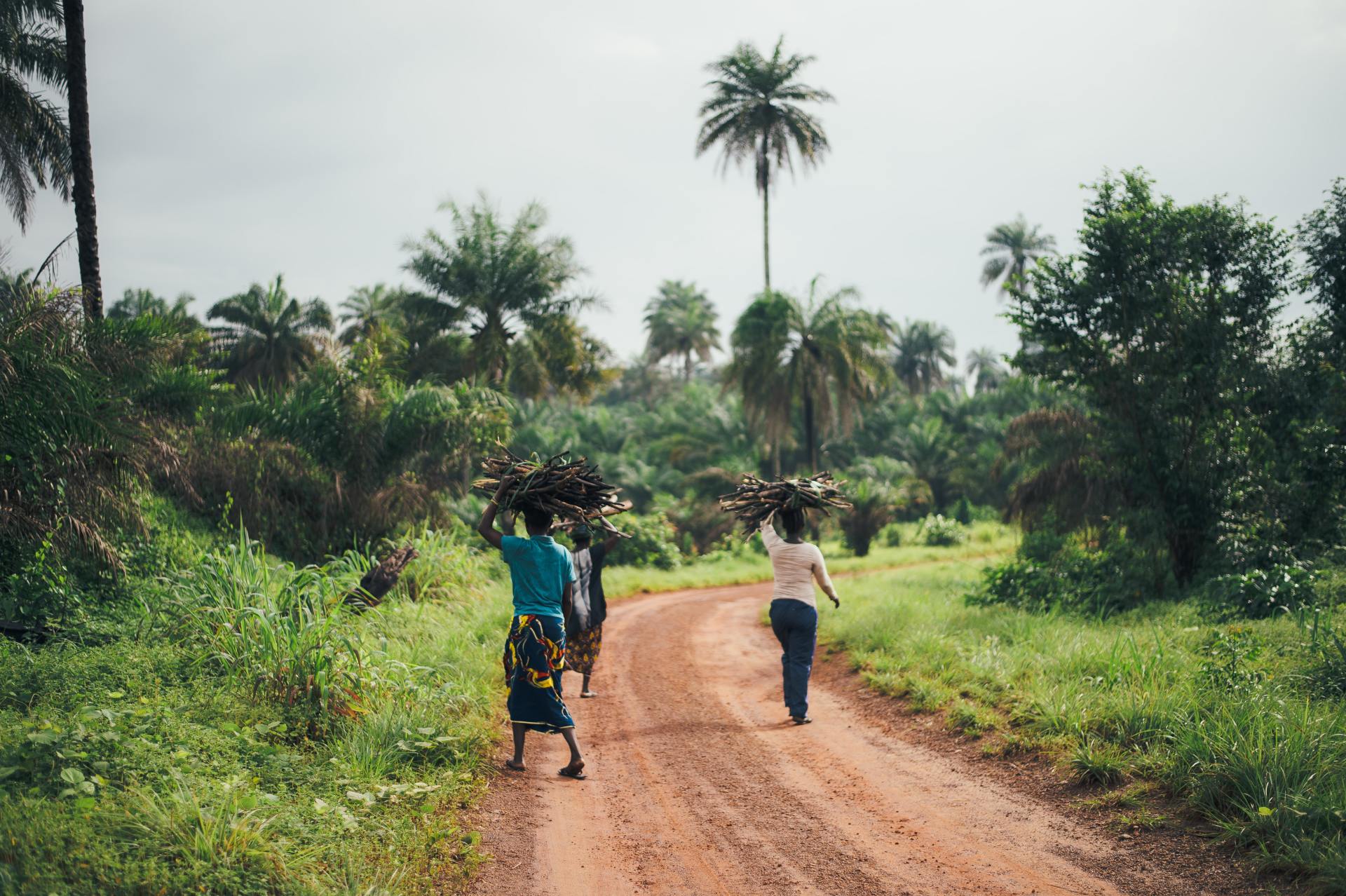
Zambia
The landlocked country of Zambia located in Southern Africa is one the poorest countries in the world. According to UNIAIDS, more than 11% of the adult population are living with HIV, resulting in around 6% of the population being orphans. Due to intermittent drought and a missing generation of people (due to HIV), food insecurity is a reoccurring fact of life for many people in Zambia. These huge societal challenges are being met by local churches addressing issues such as food insecurity in sustainable and transformational ways.
Our Lead Partners
BREADtrust works exclusively with local churches which represent the most effective and sustainable agents of community transformation. Rather than assuming to know the answers, BREADtrust supports and facilitates through on-going relationships, the vision and know-how of local experts. BREADtrust is collaborating with a group of churches in Zambia called Newfrontiers led by Dr Joseph Mwila who is based in Kitwe, Copperbelt. Joseph oversees 30 churches within Zambia and amongst other things is committed to seeing communities begin to address Food Insecurity, which has affected the lives of so many.
'BREADtrust supports and facilitates through on-going relationships, the vision and know-how of local experts.'
Our local co-ordinators oversee operations on the ground, following the motto:
“If you give a poor man a fish you feed him for a day. If you teach him to fish, that will feed him for a lifetime.”
BREADtrust in Zambia works in multiple ways to empower small scale farmers and local communities to achieve self-sustainability. The current projects are:
- Foundations for Farming (FfF)
- Borehole Projects
- Chicken Run Projects
- Vegetable gardens
- Fruit trees
View the photo gallery below and read on to discover how these projects are benefitting Zambian communities.
Foundations for Farming
Foundations for Farming is a zero-tillage methodology developed in Zimbabwe for small-scale farmers. It has proven incredibly successful in producing a more than 50% increase in yields. Through training trainers this effective means of improving food security is being rolled out over a number of countries in Southern Africa. However, as well as teaching the specific agricultural requirements and techniques this approach also focuses on teaching people values such as; faithfulness, giving, doing things on time, at a high standard, without wasting resources and doing it all with the joy of the Lord as their strength. Foundations for Farming teaches people to be faithful with what God has given them, no matter how small that thing may be.
Boreholes
The impact of climate change on weather patterns means that seasonal rainfalls are becoming unreliable, and extended spells of drought are on the increase. In these conditions, when rain does fall, it is often in the form of downpours that result in destructive flash floods. There is little gain as this water does not seep into the ground but runs off taking large amounts of topsoil with it.
Boreholes give communities a reliable source of clean water which is used for drinking, for animals, and for watering crops. BREADTrust has funded boreholes at local churches in Makuka, Hamabbwato and Kabwe. In Chamboli, Kitwe, we were able to get an existing borehole functional which once again provided the local community with water. In all these locations, the boreholes have made a big difference for both the churches and the surrounding communities. Village leaders say the water has even saved lives during the recent drought. It has also helped farmers grow enough vegetables to feed their families and sell at the market, which has created a positive cycle of growth and sustainability.
Vegetable Gardens and Fruit Trees
As boreholes have been provided, vegetable gardens and fruit tree plantations have been made possible on the local land in many locations.


